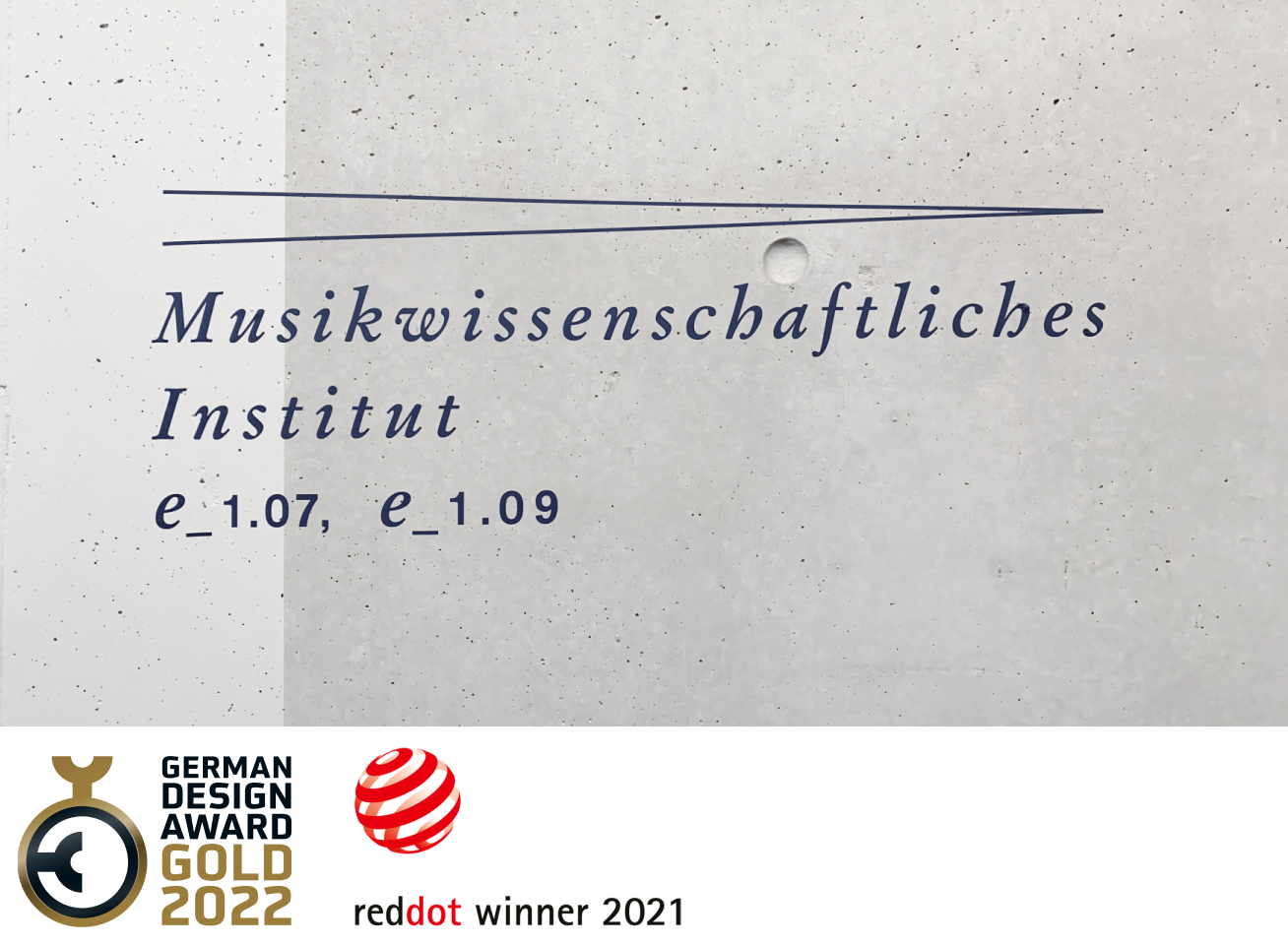The sun is a giant ball of hot gases, primarily hydrogen and helium, that shines due to nuclear fusion reactions in its core. It provides heat and light to Earth, making life possible and supporting ecosystems. It's a vital source of energy and sustenance for our planet.
The sun is expected to continue shining for another 5 billion years as it is currently in its middle age phase, powered by nuclear fusion. This means we have plenty of time to enjoy its warmth and light.
There is only one sun in our solar system, which provides the Earth with light and heat. Its energy sustains life and enables plants to undergo photosynthesis, essential for the existence of all living organisms.
The sun is important as it provides light for vision, triggers Vitamin D production for bone health, and helps regulate sleep patterns. It also boosts mood and energy levels, promoting overall well-being.
Plants would not be able to photosynthesize, disrupting the food chain. Temperature would drop drastically. No sunsets or sunrises. However, life finds a way to adapt in the most extreme conditions.


